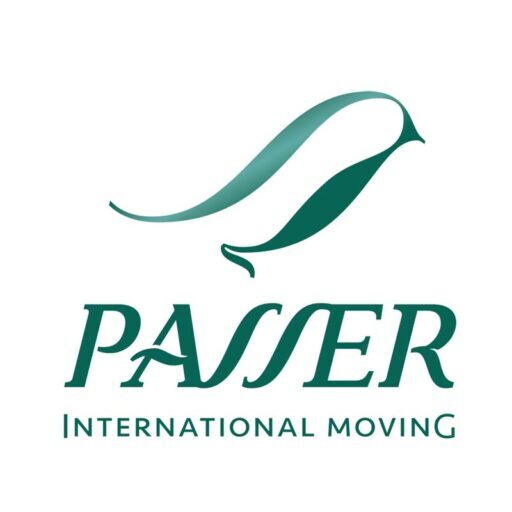Are we entitled to days off for moving at work?
Days off for moving This is a common question among those preparing to move. Moving can be an exhausting process that involves planning, travel, physical effort, administrative changes, and adapting to a new environment. Therefore, it's logical to ask if we can obtain a work permit to manage this entire process without affecting our work performance.
Moving house isn't just limited to the day of the move. Many preliminary tasks need to be taken care of, unexpected issues must be resolved, and all our belongings and documents must be reorganized upon arrival. Having at least one day off can make all the difference in getting everything done calmly and efficiently.
Are there legally recognized days off for moving?
Yes. The Workers' Statute recognizes the right to one day of paid leave for moving from one's usual residence. This day should only be used in the context of a permanent relocation and does not apply to temporary moves or changes due to renovations that involve spending a few days in a different location. It's important to keep this in mind to avoid misunderstandings with the company.
Furthermore, some collective bargaining agreements extend this leave. For example, if the move involves a change of province or a significant distance between the original and new addresses, the agreement may provide for up to two days off. Therefore, it is essential to review the applicable agreement or consult directly with the Human Resources department.
Communication with the company: key to avoiding misunderstandings
Although the days off for moving If changes in address are recognized, it's advisable to communicate the change of address as soon as possible. Informing the company in advance facilitates internal planning and demonstrates responsibility on the part of the employee. In small companies, where the relationship between employee and superior is usually closer, this early communication can also facilitate greater flexibility.
While some companies may be understanding and offer a higher rate, others may require formal justification. In these cases, a certificate of residence at the new address is usually requested as proof of the move. This document will serve to prove that the change was genuine and that it is a permanent move.
What to do if you are not entitled to more days
If you need more time to complete the moving process but only have the legally mandated day, you can consider other alternatives. Some common options include requesting vacation days, personal leave, or even agreeing to an unpaid day if there's no other solution. Each company has its own policy, and in many cases, a mutually beneficial solution can be negotiated.
Recommendations for an organized move
As moving specialists, we know that one of the most common mistakes is leaving everything to the last minute. Therefore, we recommend preparing a list of all the administrative tasks involved in moving: updating your city register, notifying medical centers, processing paperwork with the DGT (Directorate-General for Transport), banks, insurance companies, the Tax Agency, Social Security, etc.
Organizing this list and assigning dates to each task will make the process much more manageable. And if you have the support of a professional company, everything will be more agile.
At Passer, in addition to helping you with your move, we offer storage services that can be very helpful during the transition. If you're about to move, this may be a good time to do so with peace of mind and without additional stress.
Conclusion
The days off for moving They are a labor right that you should be familiar with in order to exercise it correctly. Checking your agreement, notifying your company in advance, and providing proof of your change of address are essential steps to help you organize everything without complications.
Remember that moving isn't just about moving boxes, it's about reorganizing your life in a new space. Do it right from the start and take advantage of all the resources at your disposal.








